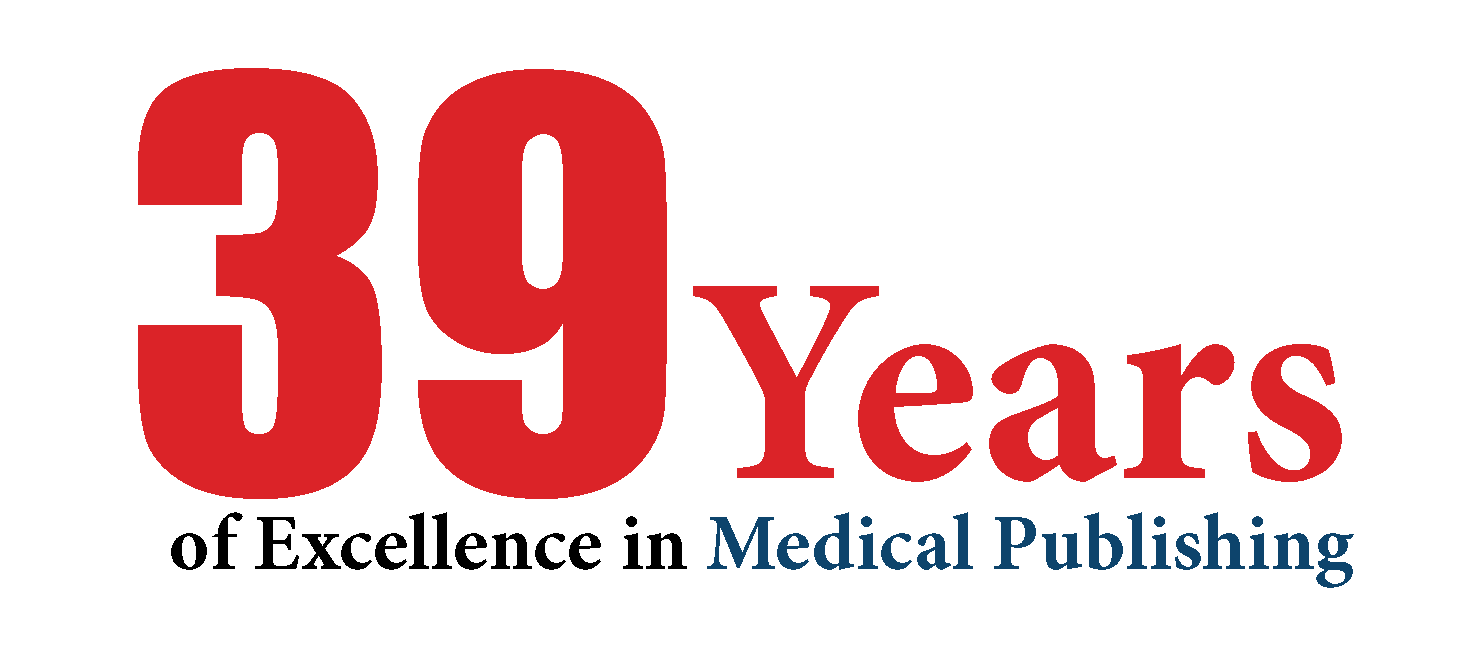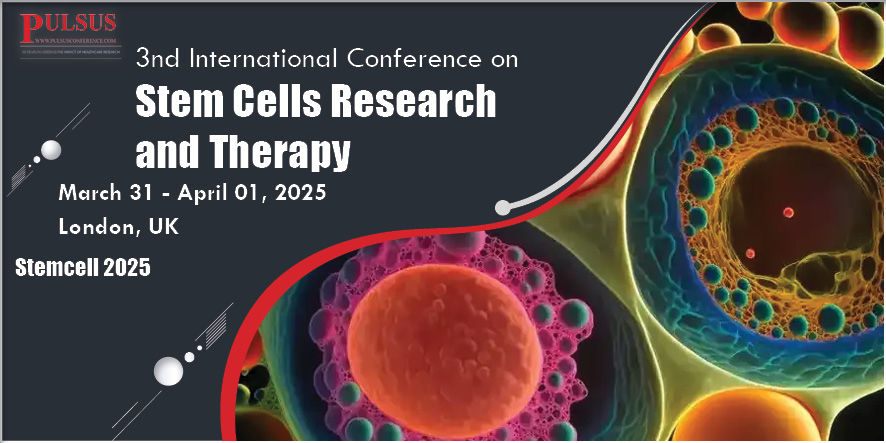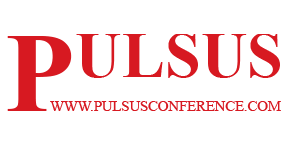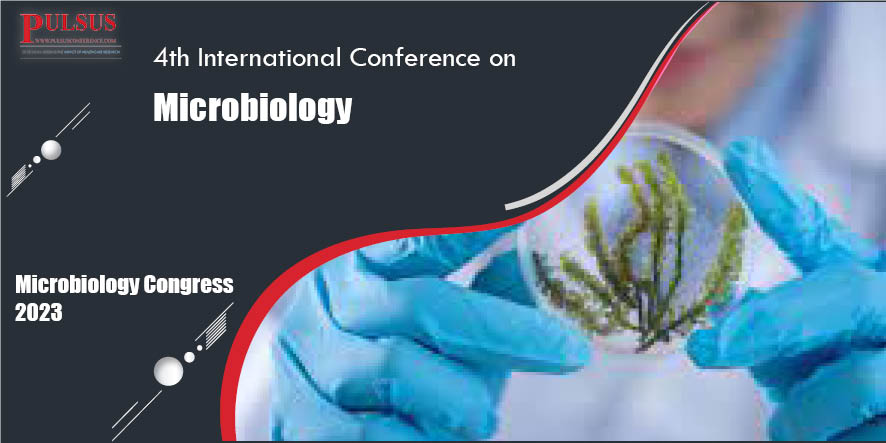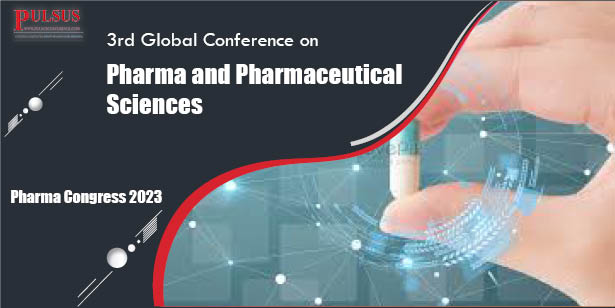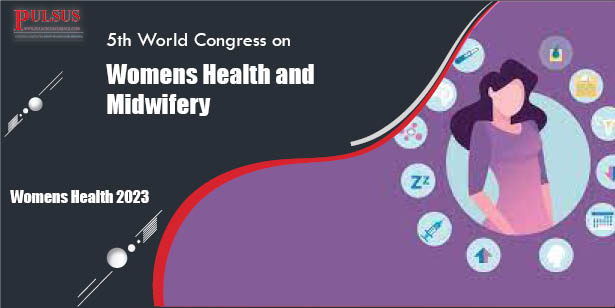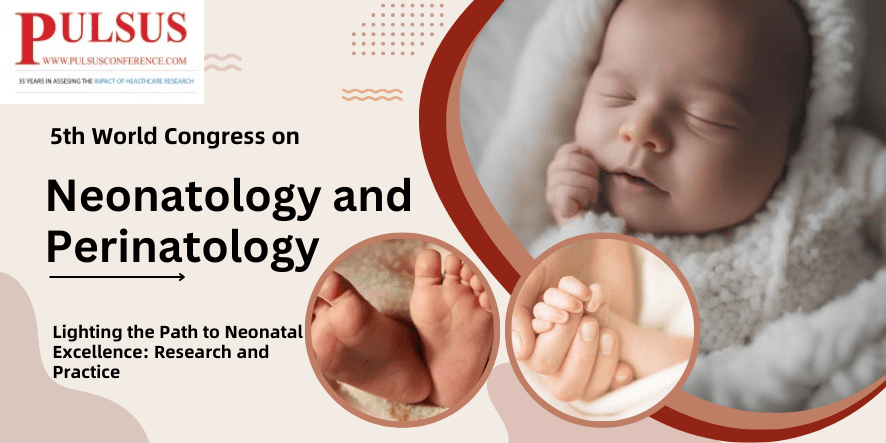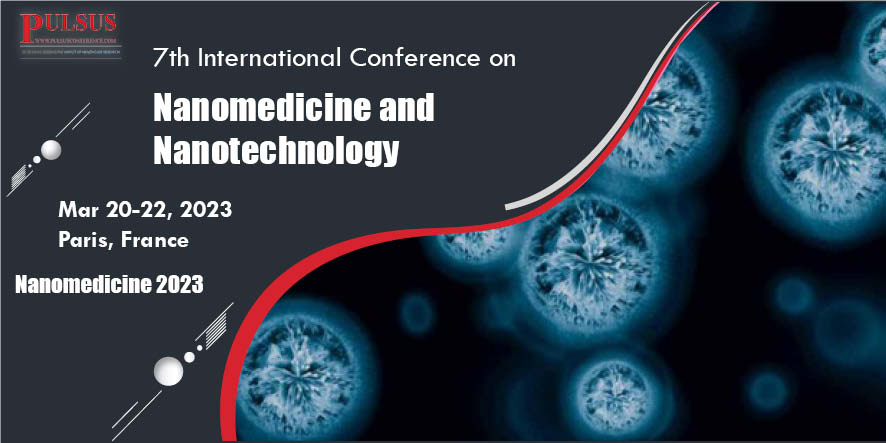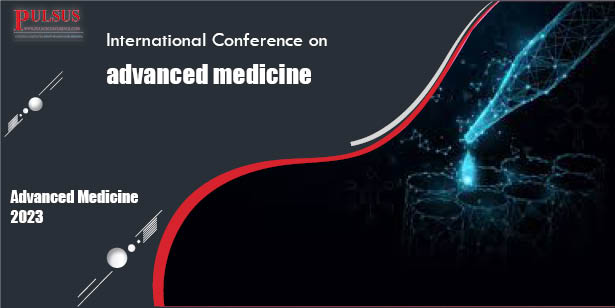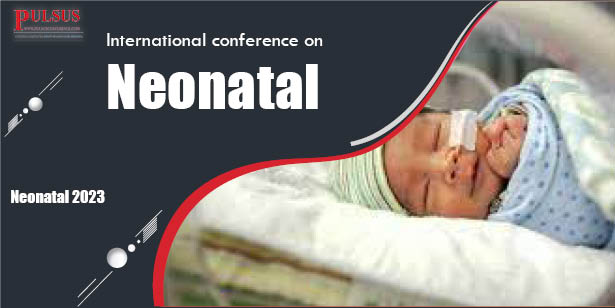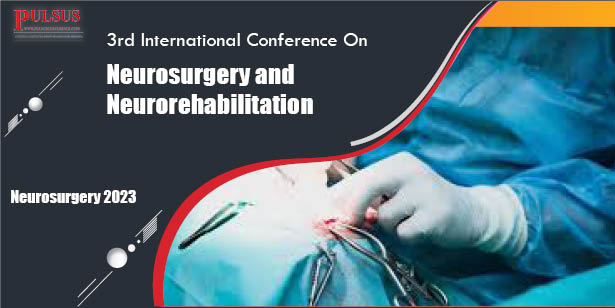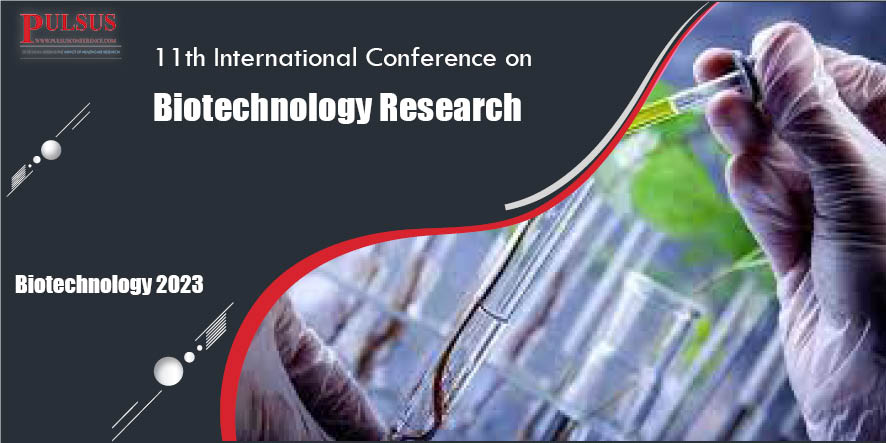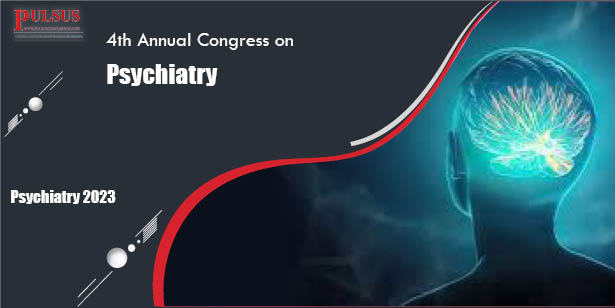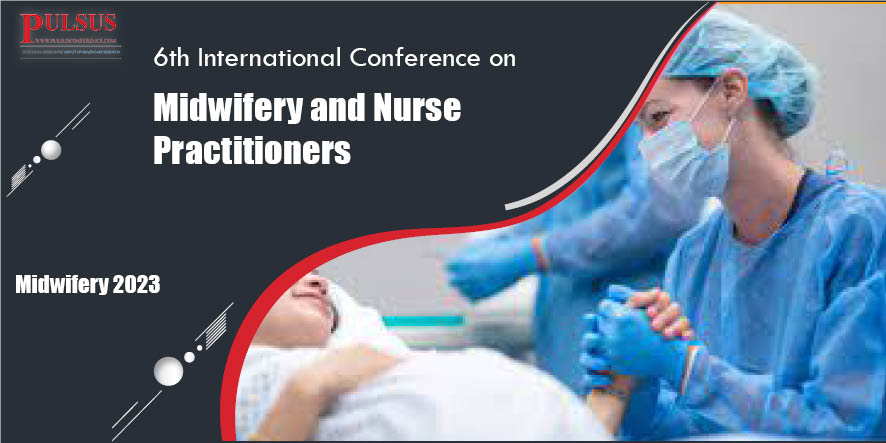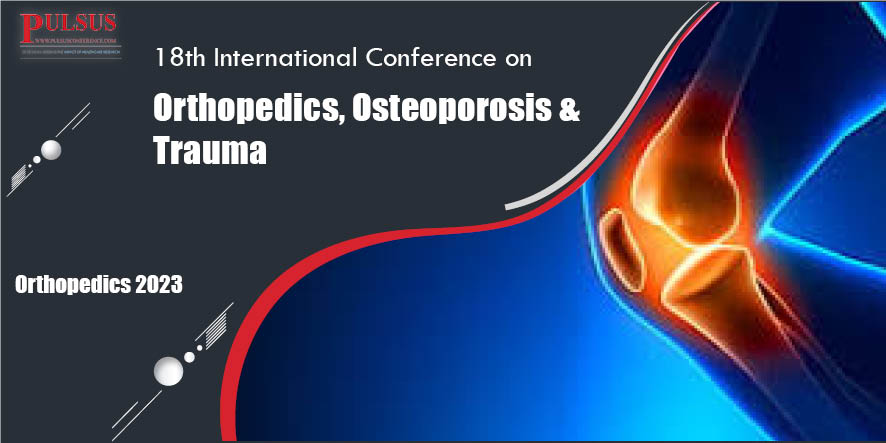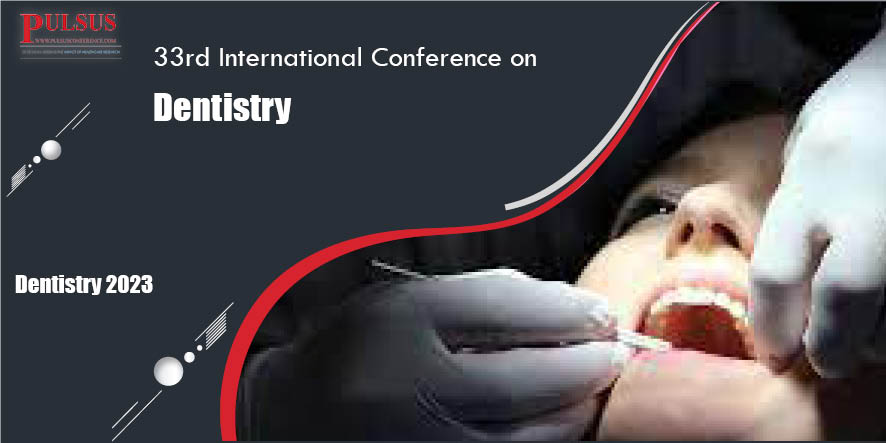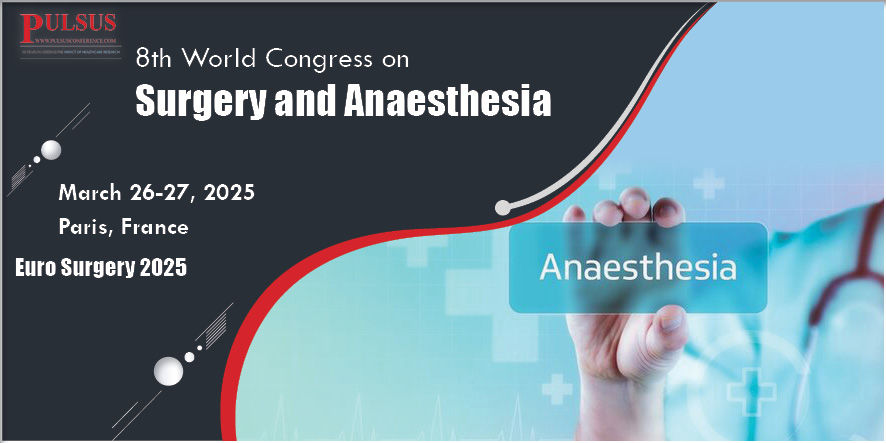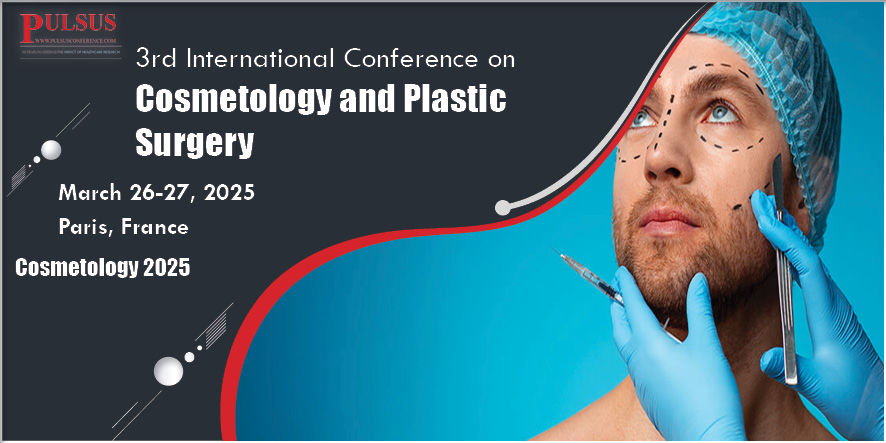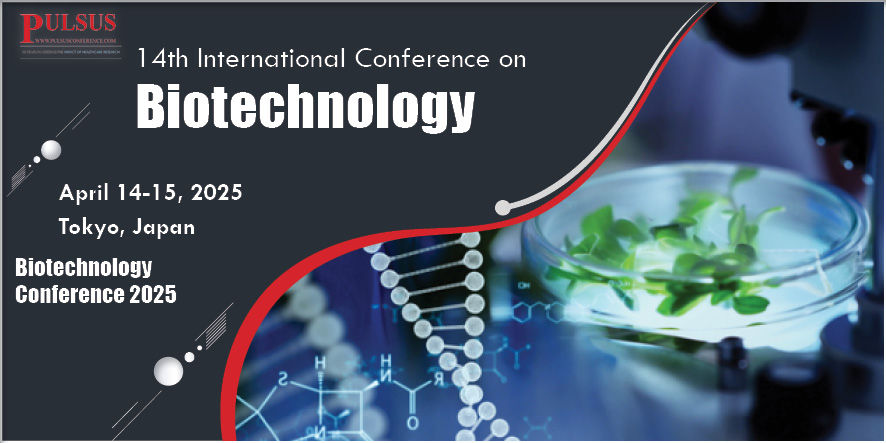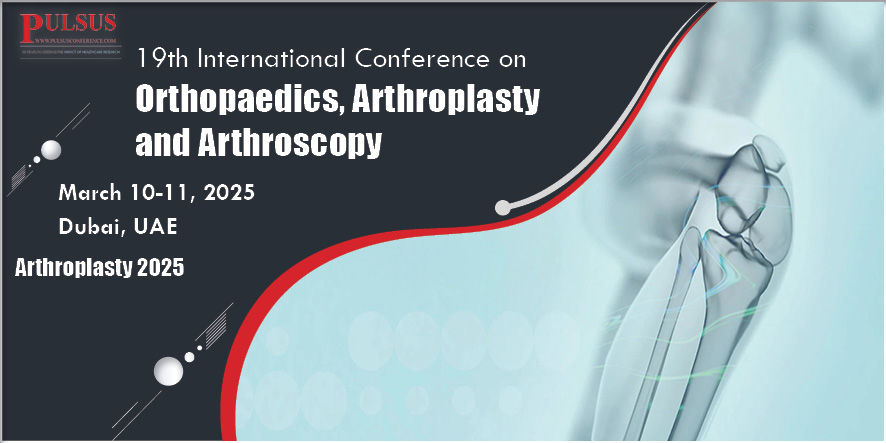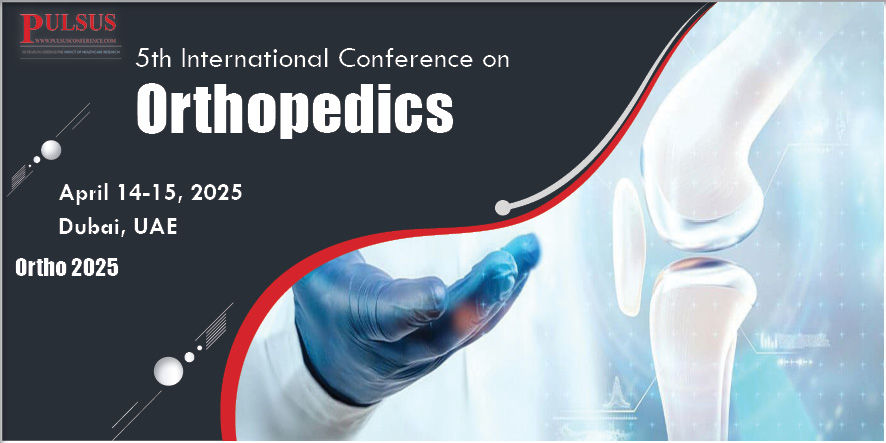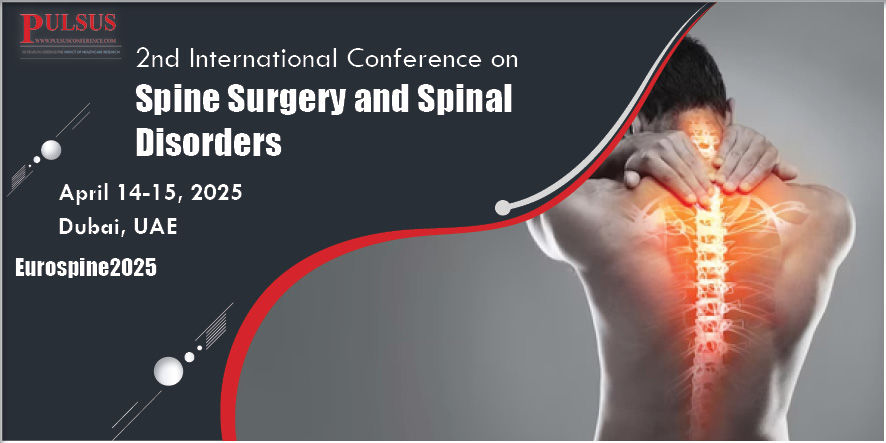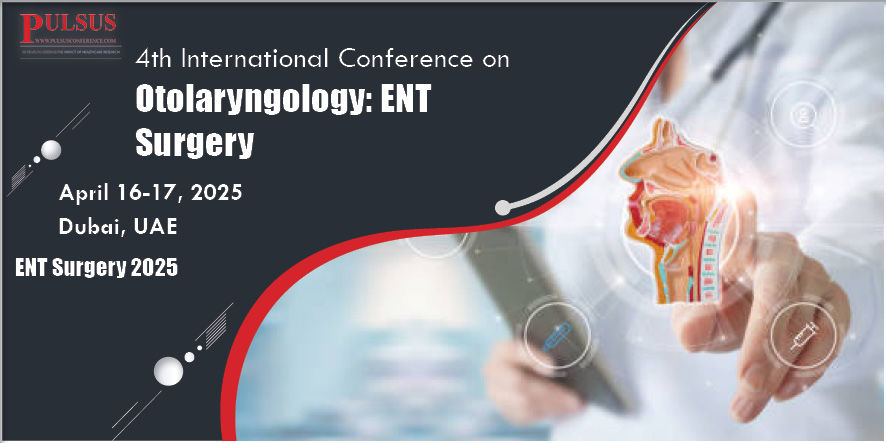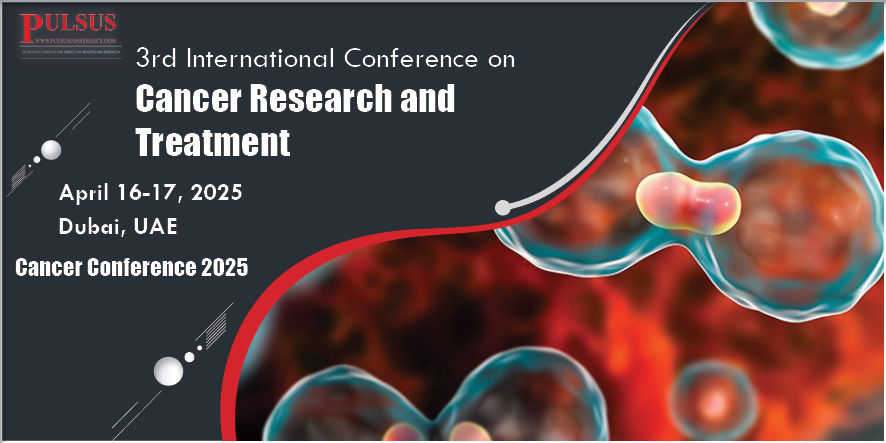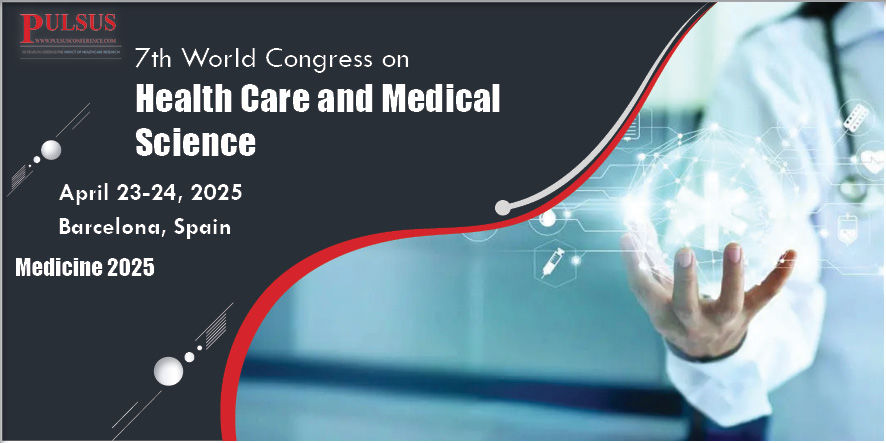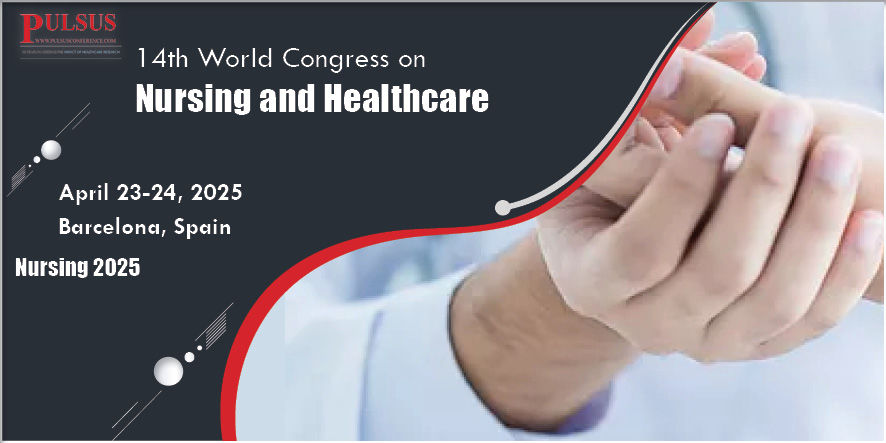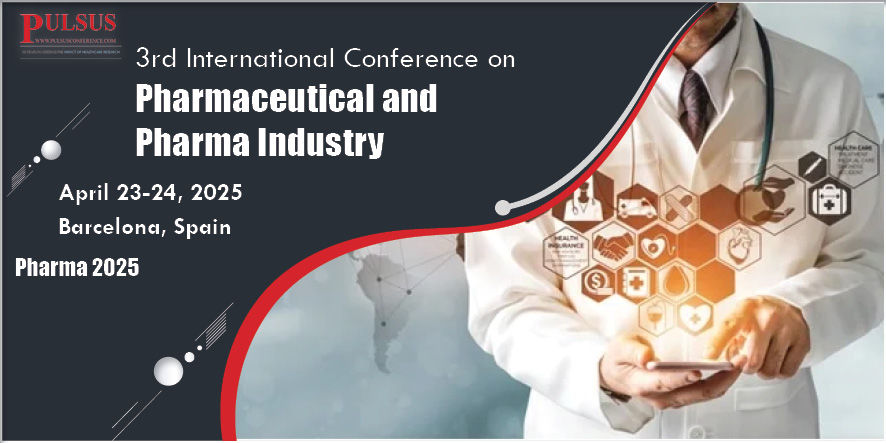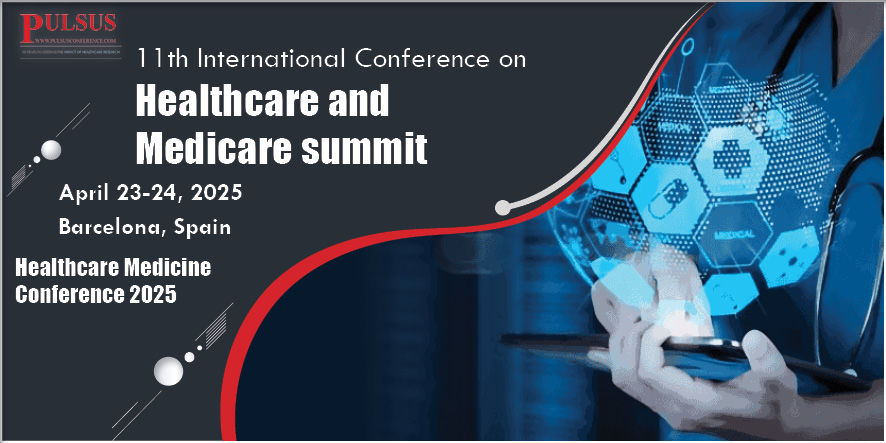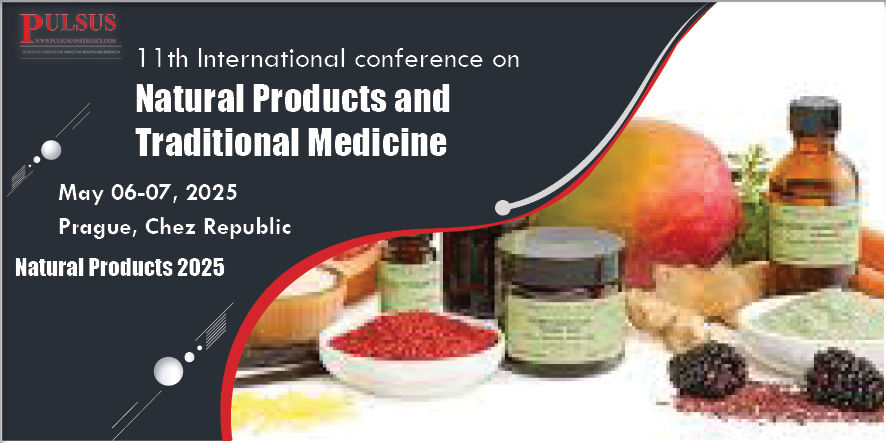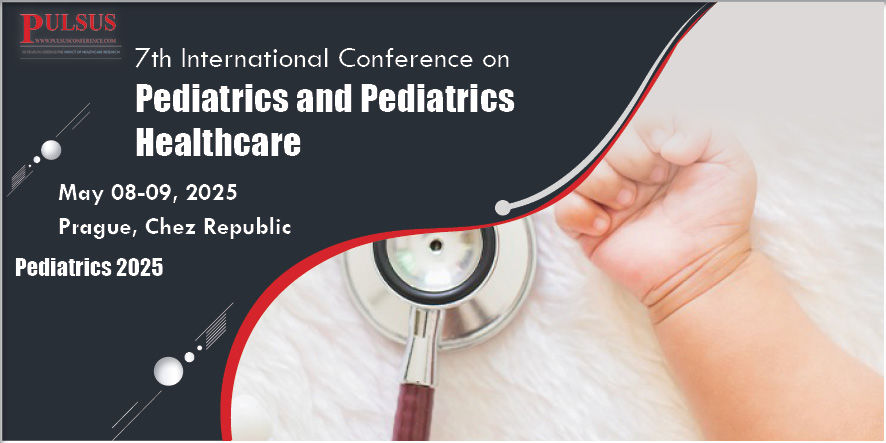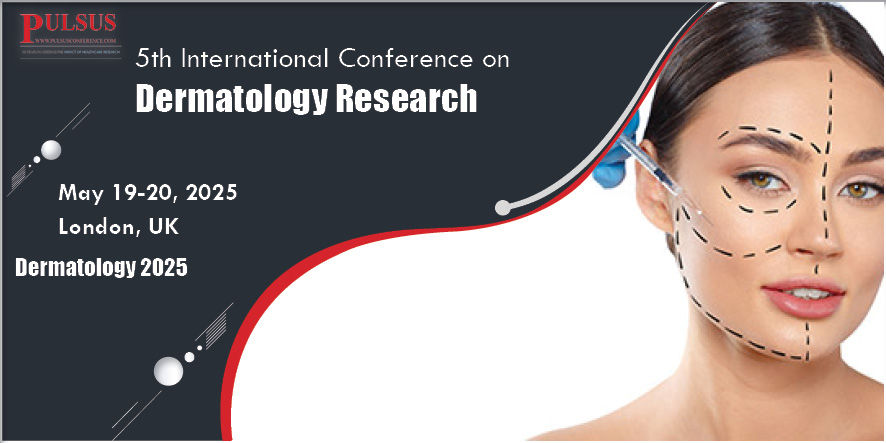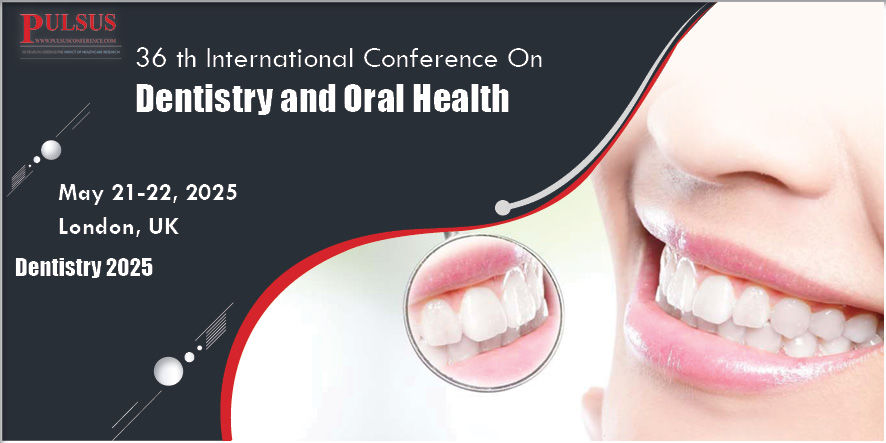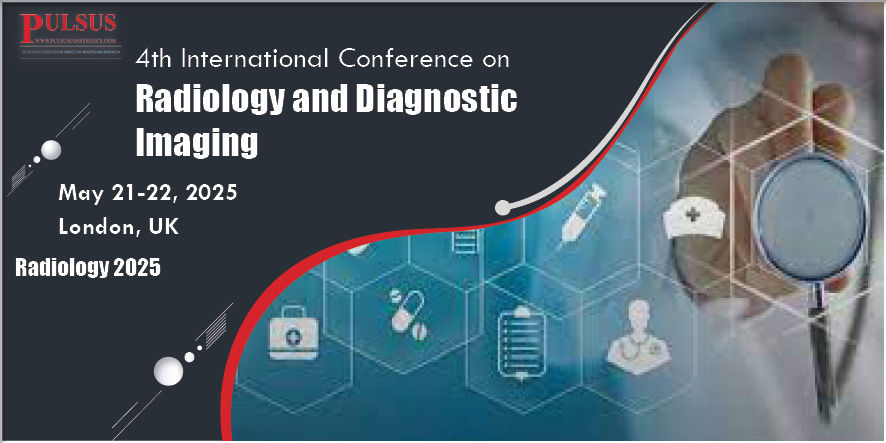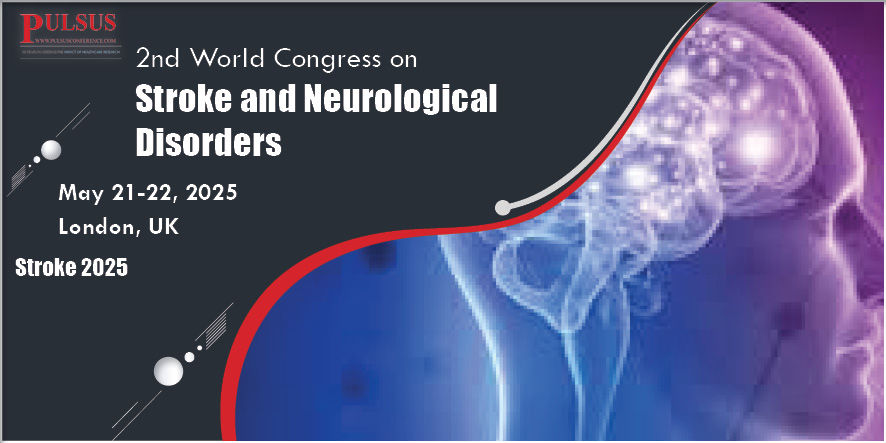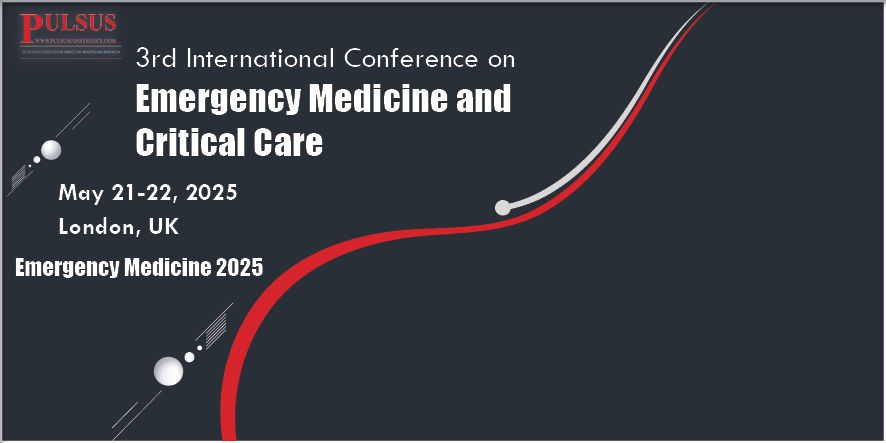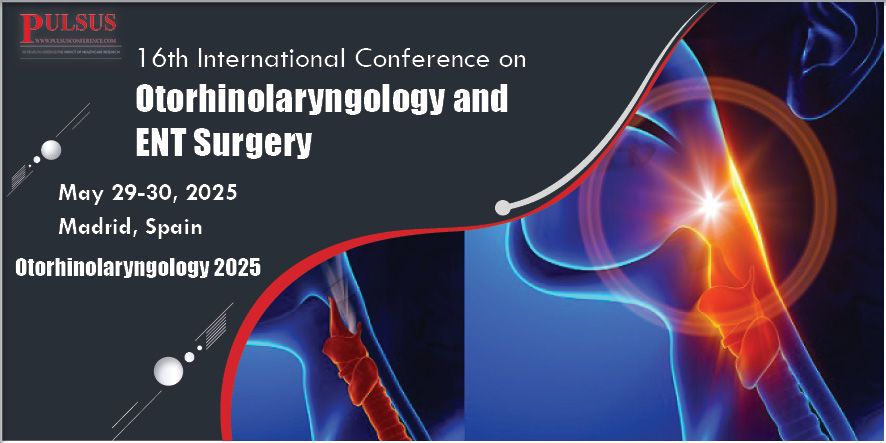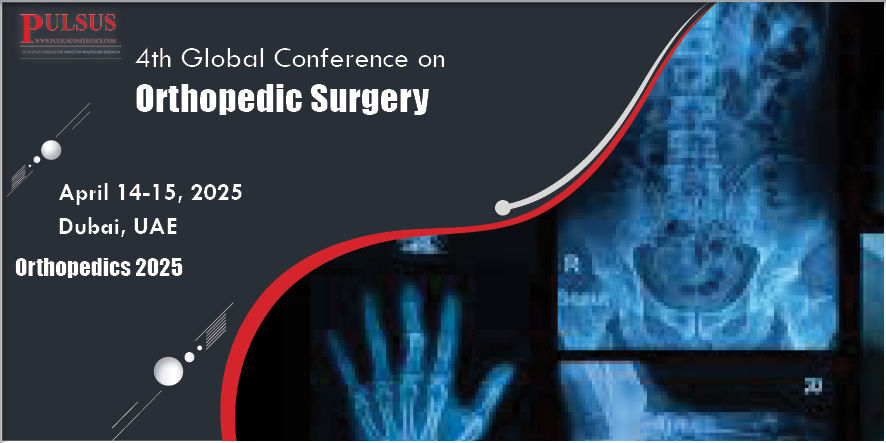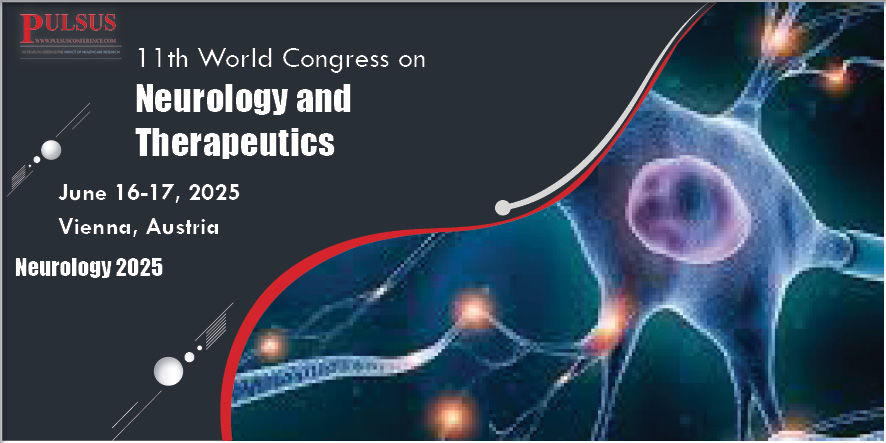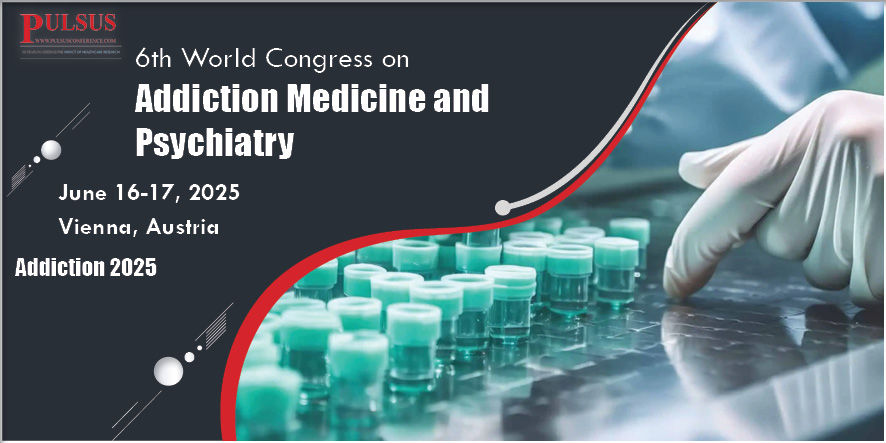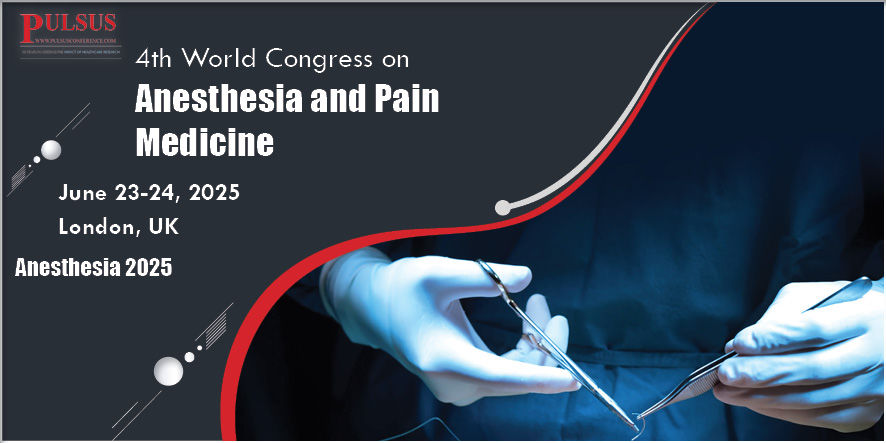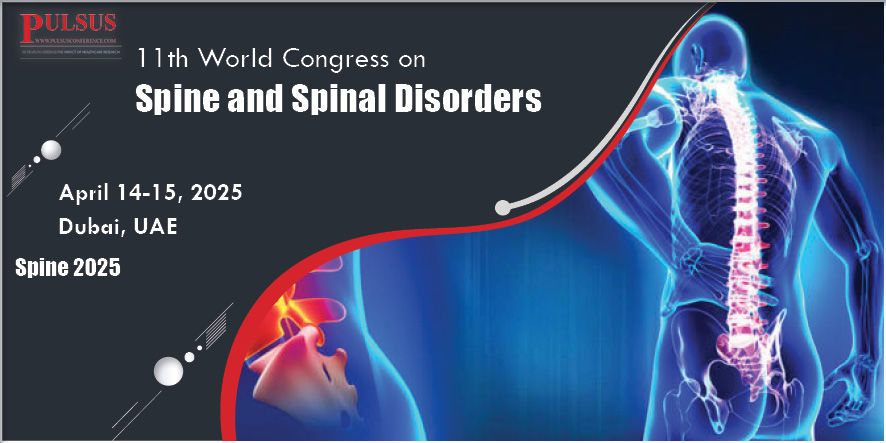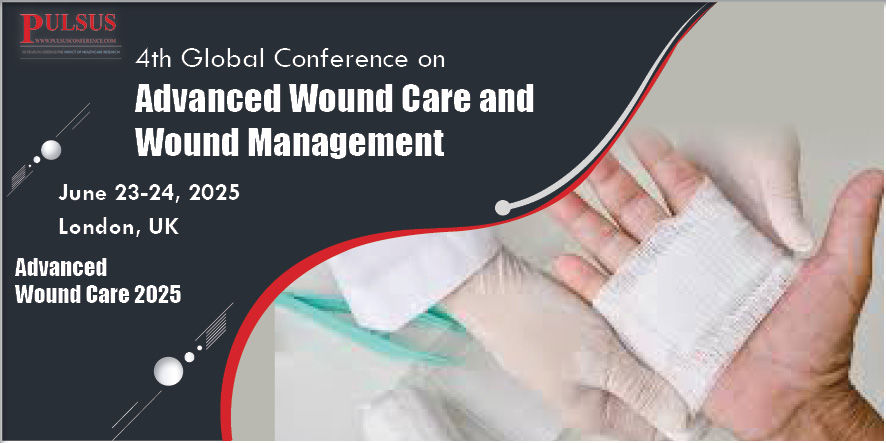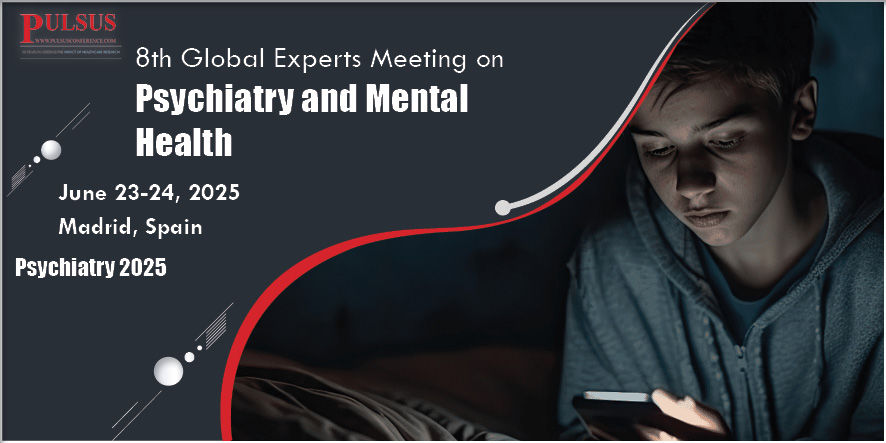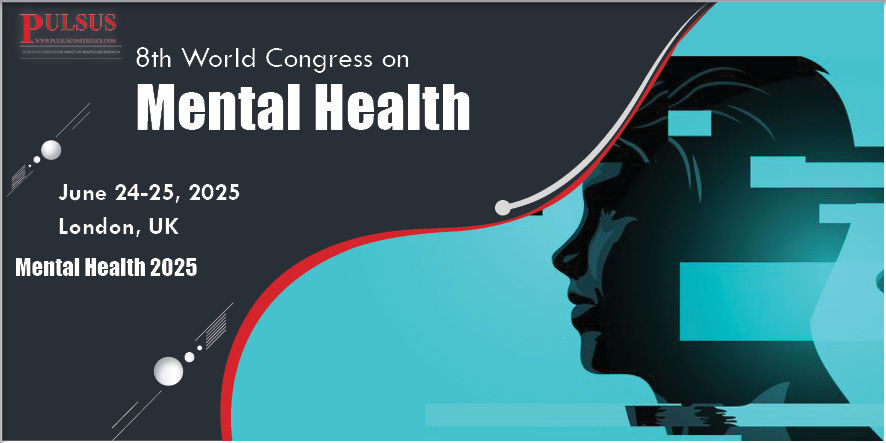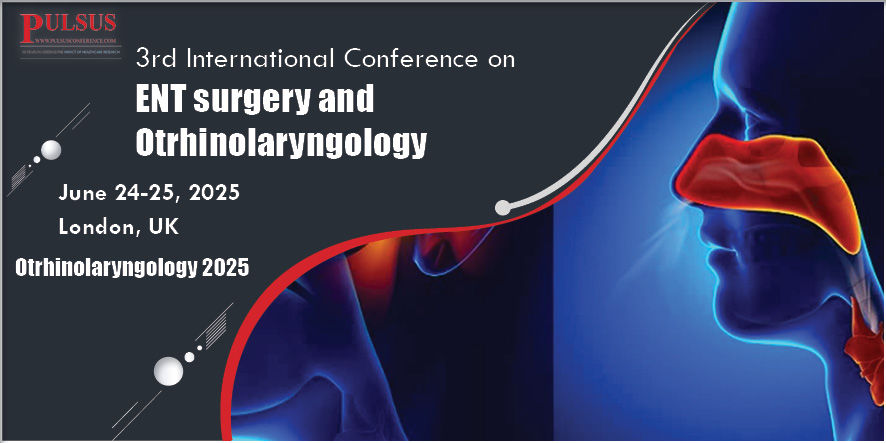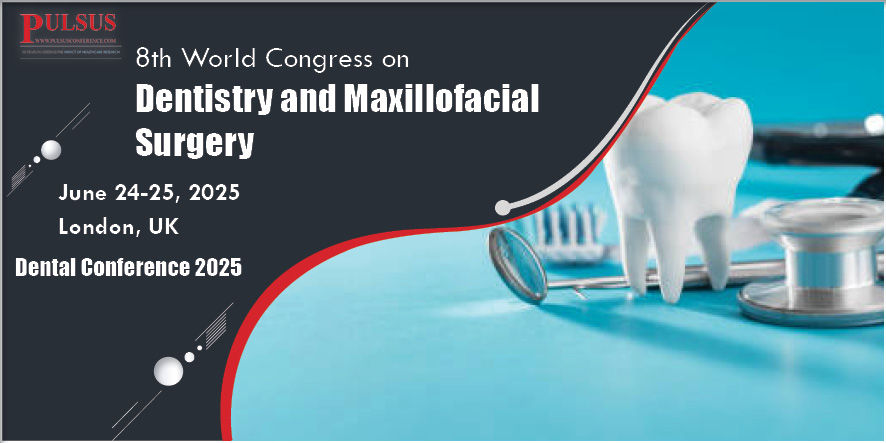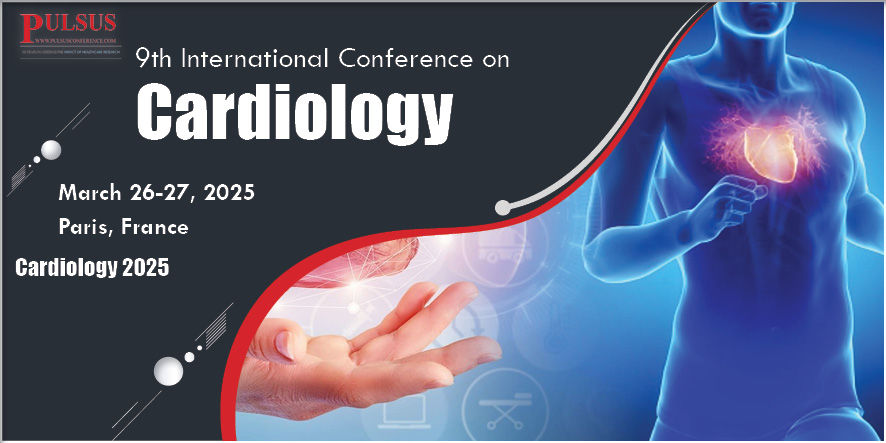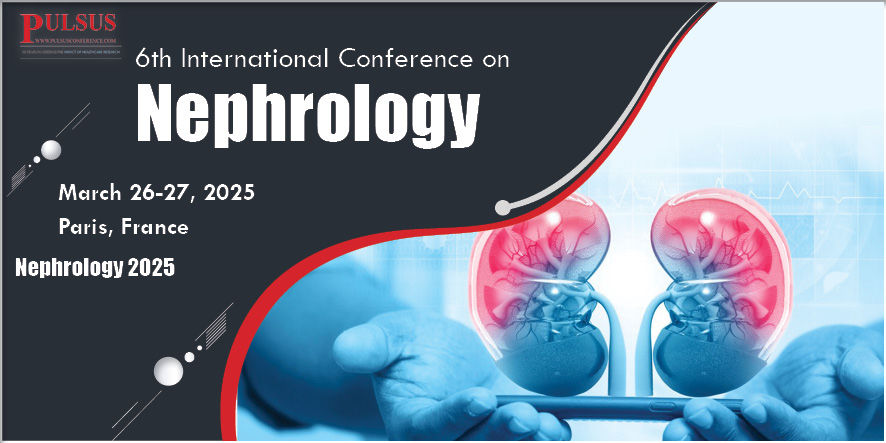About Hematology Conferences
Hematology Conferences 2023 | Hematology Conference | Pediatric Hematology Conference | Oncology Conference | Blood Disorders Conference | Thrombosis Conference | Hemostasis Conference | Hemoglobinopathies Conference | Immunology Conference | Immunotherapy Conference | Internal Medicine Conference | Stem Cell Transplantation Conference | Hematology Events | Hematology Meetings | Hematology Gatherings
We are overwhelmed to welcome all the International Researchers, Speakers and Participants for our upcoming Hematology Conferences 2023.Haematology is a medical specialty that deals with the study and treatment of blood-related disorders. It encompasses a broad range of topics, including blood cell morphology, physiology, and pathology. Haematology is a critical field of study as it helps to diagnose and treat various diseases related to blood and its components.
Blood is a vital fluid that circulates in the body and performs several essential functions, including oxygen transportation, fighting infections, and regulating body temperature. Blood consists of different components, including red blood cells, white blood cells, platelets, and plasma. Each component plays a specific role in maintaining the body's overall health and well-being.
The four key fields of hematology research are hemoglobinopathy, hematological malignancies, anaemia, and coagulopathy.
Hematologic oncology and Blood Cancers, Blood Disorders Diagnosis and Treatment, Blood Transplantation, Pediatric Hematology and Oncology, Hematology and Cancer Immunology, Biomarkers in Hematology and Oncology, Thrombolytics, Thrombectomy, Stem Cell Transplantation, Artificial Cells, Blood Substitutes, Recombinant Clotting Factors, Gene Therapy, Chemo and Radiotherapy are some of the tracks discussed in the disciple of hematology.
Red blood cells, or erythrocytes, are the most abundant cells in the blood. They contain a protein called haemoglobin, which carries oxygen from the lungs to the body's tissues. Anaemia is a condition where there is a decrease in the number of red blood cells or haemoglobin, leading to decreased oxygen delivery to the body's tissues. Anaemia can be caused by several factors, including nutritional deficiencies, blood loss, chronic diseases, and genetic disorders.
White blood cells, or leukocytes, are responsible for fighting infections and diseases. There are five different types of white blood cells, including neutrophils, lymphocytes, monocytes, eosinophils, and basophils. Each type of white blood cell plays a specific role in the immune response. For example, neutrophils are the first responders to infections and are responsible for destroying bacteria and other foreign substances.
Platelets are small, disk-shaped cells that play a crucial role in blood clotting. They help to prevent excessive bleeding by forming a plug at the site of injury. Platelet disorders can result in either excessive bleeding or excessive clotting, depending on the underlying cause.
Plasma is the liquid component of blood and contains various proteins, electrolytes, and hormones. It plays a critical role in maintaining fluid balance in the body and transporting nutrients, hormones, and waste products. Plasma disorders can result in abnormalities in blood volume and electrolyte balance, leading to various health problems.
Hematology Conferences 2023 | Hematology Conference | Pediatric Hematology Conference | Oncology Conference | Blood Disorders Conference | Thrombosis Conference | Hemostasis Conference | Hemoglobinopathies Conference | Immunology Conference | Immunotherapy Conference | Internal Medicine Conference | Stem Cell Transplantation Conference | Hematology Events | Hematology Meetings | Hematology Gatherings
Blood travels through every organ and bone, it's the fluid that illuminates’ life and health. You'll be exposed to all fields of drug and all sections of the body if you enter the realm of hematology.
Hematology is a medical specialty concerned with the study of blood, blood-forming organs, and blood disorders. The study of the origin, diagnosis, treatment, prognosis, and prevention of blood illnesses that influence the formation of blood and its components, such as blood cells, haemoglobin, blood proteins, and the coagulation mechanism, is referred to as hematology. Hematologists or haematologists are doctors who specialise in hematology. Hematologists are frequently involved in the laboratory work that goes into the study of blood. Hematologists also do research in oncology, or cancer treatment.
Hematologists are responsible for caring for and treating patients with haematological illnesses, viewing blood films and bone marrow slides under the microscope, and interpreting various haematological and blood clotting test results in the laboratory. Pathologists who specialise in the diagnosis of haematological illnesses, referred to as hematopathologists, operate in hematology laboratories and most usually manage them. Hematologists in some institutions are also in charge of the hematology laboratory. Pathologists who specialise in the diagnosis of haematological illnesses, referred to as hematopathologists or haematopathologists, operate in hematology laboratories and most usually manage them.
Hematological disorders can be classified into three main categories: anaemia, bleeding disorders, and blood cancers. Anaemia is characterized by a decrease in the number of red blood cells or haemoglobin, leading to decreased oxygen delivery to the body's tissues. Bleeding disorders are characterized by abnormal bleeding due to deficiencies or defects in platelets or clotting factors. Blood cancers, also known as haematological malignancies, are cancers that affect the blood, bone marrow, or lymphatic system.
The diagnosis of haematological disorders involves a comprehensive evaluation of the patient's medical history, physical examination, and laboratory tests. Laboratory tests can help to identify abnormalities in blood cell counts, blood chemistry, and clotting factors. Additional tests, such as bone marrow biopsy or genetic testing, may be necessary to confirm the diagnosis or determine the underlying cause of the disorder.
The treatment of haematological disorders varies depending on the underlying cause and severity of the disease. Treatment options may include medication, blood transfusions, bone marrow transplantation, or chemotherapy. Supportive care, such as nutritional support, pain management, and psychosocial support, is also essential in the management of haematological disorders.
Scope and Importance
Hematology Conferences 2023 | Hematology Conference | Pediatric Hematology Conference | Oncology Conference | Blood Disorders Conference | Thrombosis Conference | Hemostasis Conference | Hemoglobinopathies Conference | Immunology Conference | Immunotherapy Conference | Internal Medicine Conference | Stem Cell Transplantation Conference | Hematology Events | Hematology Meetings | Hematology Gatherings
Hematology research has led to significant improvements in treating blood disorders, but challenges still remain. Research in hematology is important and necessary to improve treatment and diagnosis options. New natural curatives, medicine combinations, treatment schedules, and stem cell transplantation are now possible thanks to a better understanding of hematopoietic ails. Proteomics, molecular genetics, and biomarker studies will also aid in developing new approaches and drugs. Haematologists are developing cutting-edge treatments that use the body's immune system, such as virotherapy, vulnerable checkpoint impediments, and Auto T-cell treatment. Advances have already been made in curing childhood acute lymphoblastic leukemia, targeted remedy for chronic myelogenous leukemia, targeted remedy for acute promyelocytic leukemia, and improving survival in acute myeloid leukemia.
Market Analysis
Hematology Conferences 2023 | Hematology Conference | Pediatric Hematology Conference | Oncology Conference | Blood Disorders Conference | Thrombosis Conference | Hemostasis Conference | Hemoglobinopathies Conference | Immunology Conference | Immunotherapy Conference | Internal Medicine Conference | Stem Cell Transplantation Conference | Hematology Events | Hematology Meetings | Hematology Gatherings
The landscape of blood cancer diagnoses in the United States reflects a sobering reality, with someone being diagnosed every three beats. In the year 2022, a staggering number of individuals are anticipated to receive such diagnoses, highlighting the pressing need for advancements in hematology research and diagnostics. This urgency is mirrored in the dynamic growth of the Global Hematology Analyzers Market, which was valued at USD 7.50 billion in 2020 and is projected to reach USD 12.39 billion by 2028, demonstrating a commendable CAGR of 6.37 percent from 2021 to 2028, as reported by Verified Market Research.
The market's trajectory over the forecast period (2022-2027) is anticipated to persist with a robust CAGR of 5.2 percent, underscoring the enduring demand for innovative solutions in hematology diagnostics. This demand is not only fueled by an upsurge in blood donation efforts but also by the escalating frequency of blood-related conditions, a trend expected to propel the market forward. The intersection of product use with flow cytometry styles is poised to be a key driver, augmenting the request for hematology analysers.
A pivotal factor contributing to the market's evolution is the integration of automated analysers, revolutionizing the efficiency and expediency of diagnostic processes. The use of these automated systems has not only significantly reduced testing time but has also enhanced overall effectiveness, marking a transformative leap forward in hematology diagnostics.
The Hematology Market unfolds into various segments, encompassing a spectrum of products and applications. From Hematology Analysers and Flow Cytometers to Coagulation Analyzers, Slide Stainers, Centrifuges, Hemoglobinometers, and other products, the market delineates a comprehensive array of offerings. Likewise, reagents play a crucial role, spanning Coagulation Reagents, Flow Cytometry Reagents, Immuno-Hematology Reagents, and others, catering to diverse diagnostic needs. Geographically, the market is segmented into North America, Europe, Asia-Pacific, the Middle East and Africa, and South America, with each segment representing a significant market value in millions of dollars.
The market's dynamism is further accentuated by strategic alliances between key players, exemplified by acquisitions, partnerships, and collaborations. Notable instances include the manufacturing agreement between Cyient and Agappe, showcasing the collaborative efforts to produce essential components of Mispa Count X. This haematological analyzer, developed in-house by Agappe, represents a pivotal advancement in diagnostic capabilities. Similarly, the launch of the DxH 560 AL by Beckman Coulter in February 2021 and the FDA approval of Siemens Healthineers' Rapid Point 500e Blood Gas Analyser in April 2020 signify critical milestones in advancing hematology analysers.
At the forefront of this transformative landscape are key players in the hematology analysers and reagents market, including Danaher, F. Hoffmann-La Roche Ltd., Sysmex Corporation, Abbott, Bio-Rad Laboratories, Inc. These industry leaders play a pivotal role in shaping the trajectory of hematology diagnostics globally, ensuring that cutting-edge technologies and solutions are brought to the forefront.
Moreover, the significant role played by renowned haematological institutes worldwide, such as Harvard University, Chinese Academy of Sciences (CAS), National Institutes of Health (NIH), Memorial Sloan Kettering Cancer Center (MSKCC), Stanford University, University of Toronto (U of T), University of California, University of Pennsylvania (Penn), and the Massachusetts Institute of Technology (MIT), further emphasizes the collaborative and interdisciplinary nature of advancements in hematology research.
The confluence of rising blood cancer diagnoses, escalating demand for advanced diagnostic solutions, and strategic collaborations within the hematology market underscores a paradigm shift in how we approach and address blood-related conditions globally. As technology continues to evolve and key players push the boundaries of innovation, the hematology analysers market remains a crucial arena in the ongoing battle against blood cancers and related disorders.
Metrics:
Pulsus Group a distinguished Scientific Conference Organizer, stands at the forefront of fostering interdisciplinary dialogues in Science, Technology, and Business. Central to the triumph of their conferences is the pivotal role played by online engagement. In an era where the virtual landscape is a nexus for global connectivity, the resonance within the digital sphere is paramount for the success of international gatherings spanning the realms of research, academia, and industry.
The crux of Pulsus' hematology conference series lies in its ability to bring together a diverse array of participants. From esteemed research personnel and erudite academicians to prominent research institutes, forward-thinking industrialists, and budding students engrossed in the intricacies of blood-related studies—the spectrum of involvement is extensive. This inclusive approach not only enriches the discourse but also solidifies the conferences as dynamic hubs for the exchange of cutting-edge knowledge.
The digital realm serves as the canvas for Pulsus to paint the success story of its conferences. By strategically harnessing the potential of conference webpages and leveraging the influence of official social media accounts, Pulsus ensures the widespread accessibility of conference proceedings. This multifaceted approach transcends geographical barriers, creating a global platform where insights, discoveries, and innovations can be disseminated and discussed with unprecedented reach.
It is noteworthy that the efficacy of Pulsus' endeavors is underscored by the substantial influx of unique visitors and page views. This not only attests to the relevance and appeal of the conferences but also reflects the organization's adeptness in curating content that resonates with diverse audiences. The success is not merely quantitative; it is deeply rooted in the quality of engagement facilitated by Pulsus Group.
The commitment to accessibility extends beyond dissemination to active participation. Pulsus endeavors to engage the international scientific and industrial communities actively. This engagement manifests in various forms, including thought-provoking talks, stimulating discussions, dynamic product exhibitions, and fostering collaborations that transcend boundaries. Such initiatives not only enhance the intellectual discourse but also catalyze synergies that contribute to advancements in the respective fields.
Pulsus Group's approach to conference organization transcends the conventional. By seamlessly integrating the virtual sphere with the essence of collaborative knowledge sharing, they have established themselves as pioneers in facilitating impactful interactions within the scientific and industrial landscape. The success of their hematology conference series stands as a testament to the efficacy of their multifaceted strategy, where online engagement becomes a catalyst for global progress in science, technology, and business.
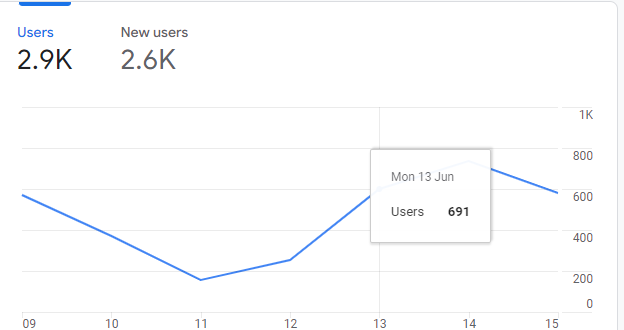
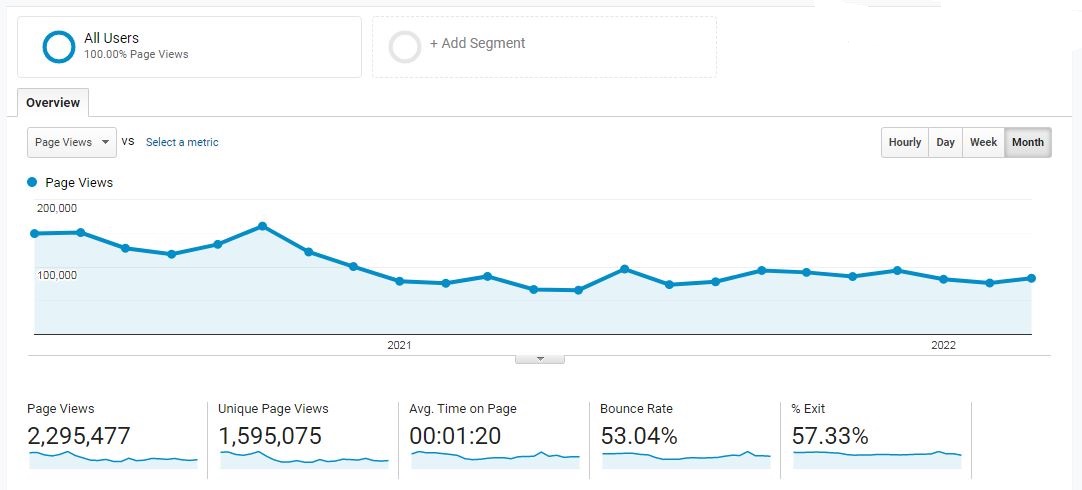
Hematology Conferences Pulsus Conferences
